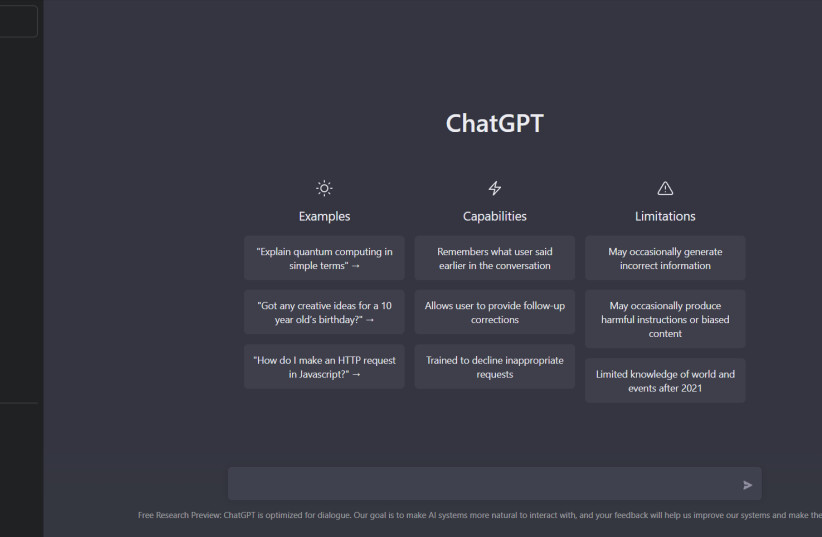Google announced the release of its artificial intelligence chatbot on Monday with the hopes of penetrating the AI-chat sphere amid the backdrop of ChatGPT’s massive global success.
Google will also add its AI technology to its ubiquitous search engine to provide more distinct answers to complex Google searches.
“Bard seeks to combine the breadth of the world’s knowledge with the power, intelligence, and creativity of our large language models,” said Alphabet CEO Sundar Pichai. “It draws on information from the web to provide fresh, high-quality responses.”
The ChatGPT craze
Google hopes to compete with the AI chatbot ChatGPT, which has garnered worldwide recognition for generating detailed and articulate responses to complex questions in seconds.

The chatbot's success poses a theoretical risk to the internet search engine industry – of which Google is the most significant player. While Google produces links when asked a prompt, ChatGPT instead provides clear and articulate responses in text.
Microsoft and Meta both released AI chatbots in the past but took them down after they saw them spreading racism, profanities and so on. ChatGPT’s precision and attention to detail, combined with its content moderation, make it the staunchest AI chatbot released.
Google’s Bard chatbot will run on Google’s LaMDA – short for Language Model for Dialogue Applications. In June, engineer Blake Lemoine reported that the chatbot Google had been developing through LaMDA had become sentient – claims that led to the engineer’s firing and caused a stir regarding the ethics of artificial intelligence.
Among Lemoine’s claims included that the artificial intelligence chatbot expressed a fear of being turned off – which it said would be exactly like death – in conversations with Lemoine.
Aaron Reich contributed to this report.
